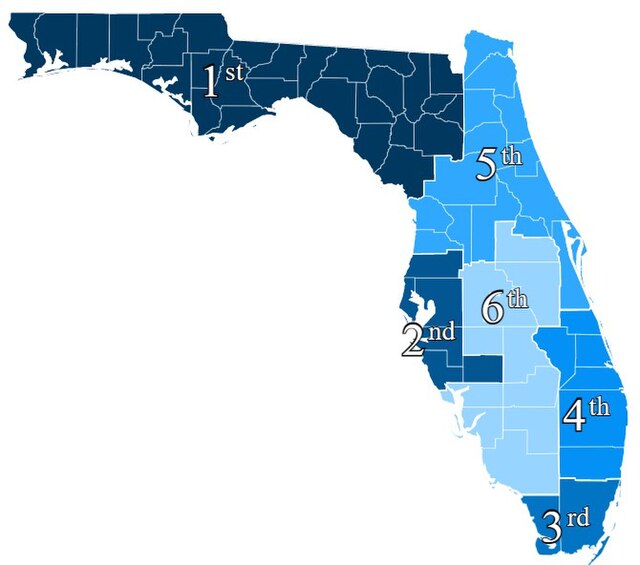
by Wilton H. Strickland
When I was a young associate, I occasionally wondered how to deal with a court decision that disfavored the argument I was tasked with making. Partners often instructed me that there is no ethical duty to cite a decision if it is non-binding. While that may be true, there appears to be some confusion over what constitutes binding precedent in Florida.
Florida has an intermediate layer of appellate courts — the District Courts of Appeal (“DCAs”) — that sit above the trial courts but beneath the state supreme court. The Third DCA presides over where I was practicing at the time (Miami), so the prevailing sentiment was that I had no duty to cite an adverse decision that came from a different DCA. But this is a serious mistake.
As the Florida Supreme Court explained in Pardo v. State, 596 So. 2d 665 (Fla. 1992), a DCA’s decisions are binding throughout the entire state unless there is conflicting precedent from one’s own DCA or the Florida Supreme Court itself. So, if a decision from another DCA applies to your case but rubs you the wrong way, you most likely have an ethical duty to cite it anyway.
I would go further and argue that you should cite it even if you find conflicting precedent that relieves you of your ethical obligation to do so. This is because the opposing parties are likely to bring it to the court’s attention, so you might as well steal their thunder while showing candor and the confidence that you deserve to prevail regardless.


